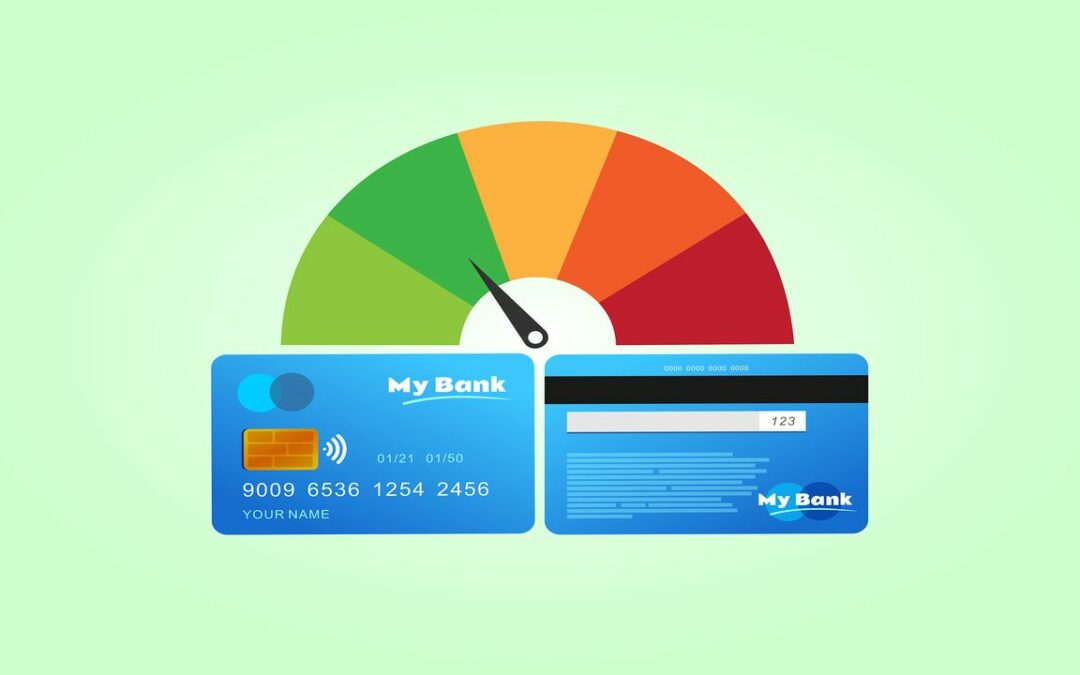If you have a low credit score, you might not be able to get the best rates on loans and credit cards. Low ratings can also mean you can’t get credit or have to pay more for it. You may also have difficulty obtaining approval to lease an apartment or obtain utilities. A below-average credit score can also impact your employment options in some cases. Your credit score is likely good if you have a history of on-time automatic payment, low credit utilization, and varied account management. You’ve handled your credit accounts well in the past, so you’re more likely to do so again.
However, if your credit rating is relatively lower than you’d like, you can repair your credit and improve the score. Continue reading to learn how.
How To Improve Credit Score In 2022? 10 Ways
#1.Make On-Time Payments on Your Bills
Payment history is the most crucial factor in determining your credit rating, making up for 35% of your FICO Score. Setting up autopay for recurring bills, such as student debt and car loans, is one of the best ways to ensure you’re never late. Your invoice will be deducted directly from your bank account on the due date, eliminating the need for you to remember to send a check. However, ensure you have enough money in your checking account to cover your payments, or you may incur fees.
If you have several bills due on the same day, ask your creditors if you can change the dates. However, keep in mind that the change may take a few invoicing cycles to take effect. So keep paying as usual until they confirm the update.
It’s also critical to be honest with lenders about your financial situation. Federal student loans, for example, include optional payment plans that can reduce the amount owed every month. But if you don’t talk to your student loan provider about your options, you may not know what they are. If you are experiencing financial difficulties, credit card companies may be able to lower your payment or interest rate. If you think you won’t be able to pay on time, you should tell your creditor immediately. This is not only a sign of goodwill, but it will also help you negotiate a payment plan without penalties.
#2. Examine Your Credit Information
You are entitled to one free credit report per year from all three major credit bureaus, and asking for one does not affect your credit score. Scrutinize each report. Contest any errors you find on the report that might lower your score. This is the closest thing to a quick credit fix. Most consumers have at least one content error. Some are simple errors, such as a misspelling, address, or accounts belonging to someone else with the same name.
Other errors are more costly, such as incorrect delinquency reports, debts outlined twice, closed accounts reported as still open, and accounts with a wrong balance or credit limit. Alerting the credit bureau of incorrect information will boost your score as soon as the inaccurate information is removed.
#3. Become an Approved User
If a family member has a credit card account with a high credit limit and a track record of repayments, request that you be added as an approved user. This adds the account to your credit file, and its credit limit can help you maximize your utilization. Approved user status allows you to take advantage of the primary user’s good credit score. The account holder doesn’t have to enable you to use the card or even provide you with the account number to improve your credit.
To get the most out of the account, make sure it reports to all major credit bureaus—particularly Equifax, Experian, and TransUnion. The majority of credit cards do, and you’ll also need to talk to the account holder to find out whether you’ll have full access or not. The account can help your profile as soon as you’re added, and that credit account reports & credit reports to the bureaus.
#4. Limit New Credit Checks
An inquiry is made on your credit whenever you apply for a loan or request a credit limit rise. There are two kinds of inquiries: soft inquiries and hard inquiries. A soft inquiry does not affect your credit rating and happens when you check your credit or give an employer consent to check your credit. It also occurs when credit card companies or financial institutions check your credit score to see if you qualify for offers.
When you apply for new credit, you will receive a hard inquiry, which will lower your credit score. While a single hard inquiry may only have a temporary impact, multiple inquiries in a short time can harm your credit score. The more hard inquiries you have, the lesser lenders will be willing to work with you.
#5. Aim for a Credit Utilization Ratio of Less Than 30%
Divide your total money owed by your total credit available to calculate your credit utilization ratio. If you have $2,000 in total credit and a $500 credit card and loan balance, your credit utilization rate is 25% ($500 divided by $2,000)—the greater your utilization ratio, the lower your credit score. While credit history is essential to determining your FICO credit score, credit utilization ratio comes in second.
Set a goal of getting your credit utilization rate below 30%, with 10% or less being the ultimate objective. Paying off your outstanding debts and preventing new credit card debt can help you reach your goal faster. You can also request an increase in your credit limit, though this may not work if you continue to use your credit card for purchases. If you have a lot of credit card debt, you might be able to merge and pay them off faster. A credit counseling loan or credit counseling program may help you meet your target credit utilization ratio.
#6. Check if You Qualify for a Credit Card With No Interest
Multiple companies provide cards with 0% interest on balances. However, there are some restrictions. There may be a fee for transferring the balance, and the 0% offer is only valid for a limited time, usually 12-18 months. You typically need excellent credit to qualify for one of these.
#7. Spread Out Your Accounts
Your credit combination, which includes mortgages, car loans, college loans, and credit cards, accounts for 10% of your credit score. As long as you make on-time payments, adding some other elements to the current mix improves your credit rating.
#8. Consider Getting a Balance Transfer Credit Card
If you’re drowning in credit card interest, one option is to move your account balance to a credit card with low or no interest. Balance transfer credit cards usually have introductory APRs of 0% for between 12 and 24 months. This lets you combine high-interest credit card debt onto a single card, making payments easier and saving money on interest. Before applying for a balance transfer card, ensure you can pay off your debt during the introductory period. If you can’t, you may end up right where you began.
#9. Get Credit for Your Rent and Utility Bills
Rent reporting services can report on-time rent payments to credit bureaus, and monthly payments are not taken into account by all scoring models. Potential creditors will see rental payment documentation; a long positive credit history of steady payments only improves your ratings.
Experian Boost can also help, but only to a limited extent. You link your bank accounts to the free Boost service, which looks for payments to streaming platforms, phone and utility bills, and other services. You have control over which payments are reported to Experian. When a creditor pulls your FICO 8 using Experian data, the additional payment history works to your advantage.
#10. Consider Debt Consolidation
Debt consolidation is a type of debt refinancing in which you get one loan to pay off several other loans. If you join a program to manage your debt, your credit score may drop. But make sure you pay on time so your score goes up quickly and you can get rid of the debt that gave you a bad score.
Final Thoughts
A good credit score has become essential to every American’s life. Unavoidable problems may cause you to fall behind on your payments, hurting your credit ratings.
However, you do not have to accept the constraints of bad credit. Simple steps like the ones we’ve discussed can help you raise your score and give you a better chance at financing deals. To improve your credit score, all you need to do is implement these simple practices. Moreover, you can also contact Money Wise and get assistance from our experts on how to improve credit scores without any hassle.


